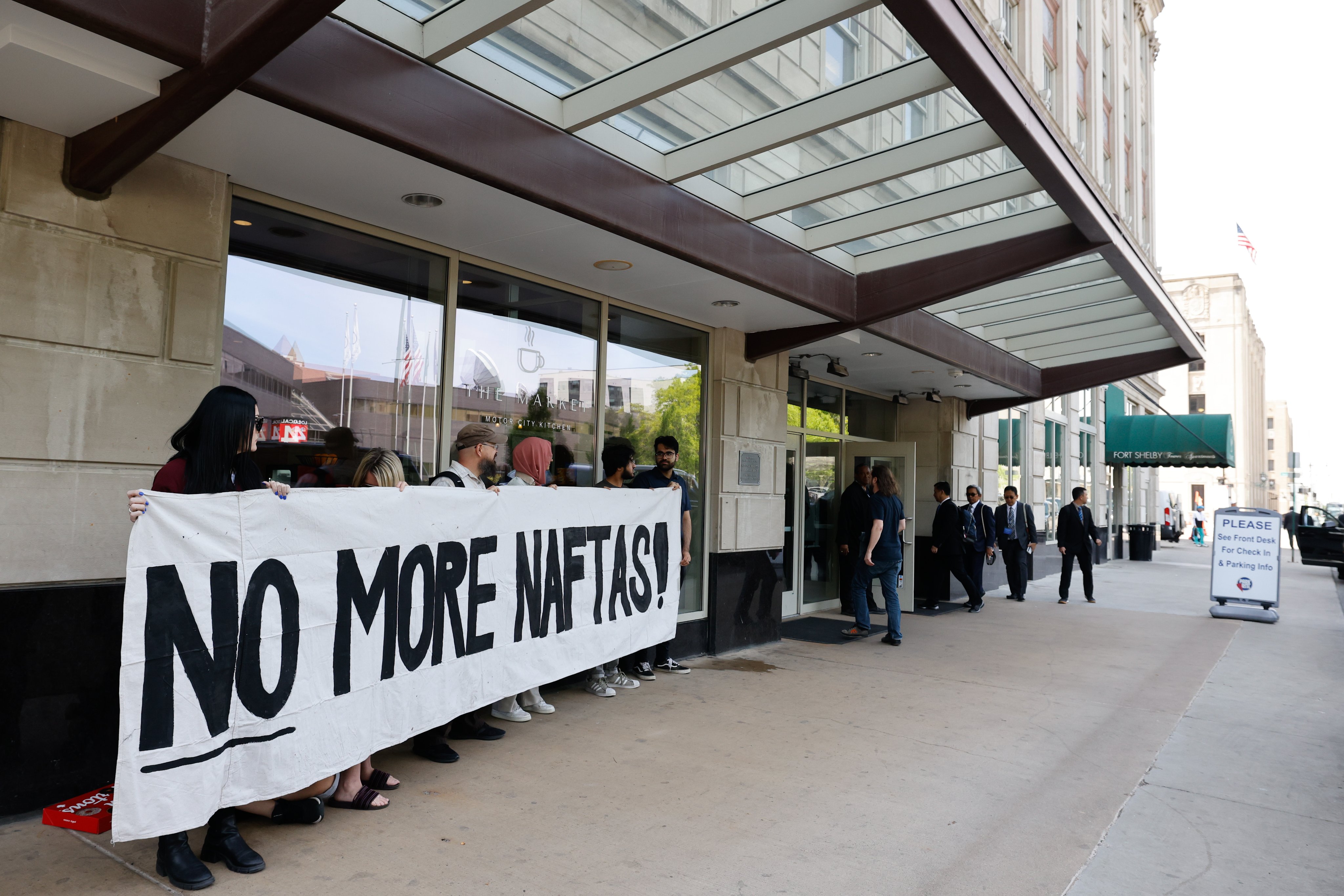The US Congress’s role in the IPEF and the possibility of a US “certification” requirement before the IPEF enters into force
TWN | August 2023
The US Congress’s role in the IPEF and the possibility of a US “certification” requirement before the IPEF enters into force
by Jane Kelsey
Does the US Congress have authority over the IPEF?
Pillar 1 of the Indo-Pacific Economic Framework for Prosperity (IPEF) is entitled “Trade” and is expected
to have binding and enforceable trade-related commitments. Historically in the United States, international
trade agreements have been adopted through legislation in both chambers of the US Congress: the House of
Representatives and the Senate. The US Constitution gives Congress exclusive control over the regulation
of commerce with foreign nations. Treaty making is a presidential power, but is subject to the advice and
consent of the Senate. So either way, the constitution says Congress should be involved in the adoption of the
IPEF.1 In the past 100 years, no major US trade pact has gone into effect without being sent to Congress and
achieving majority support of both the House and Senate.
Read more (pdf)






